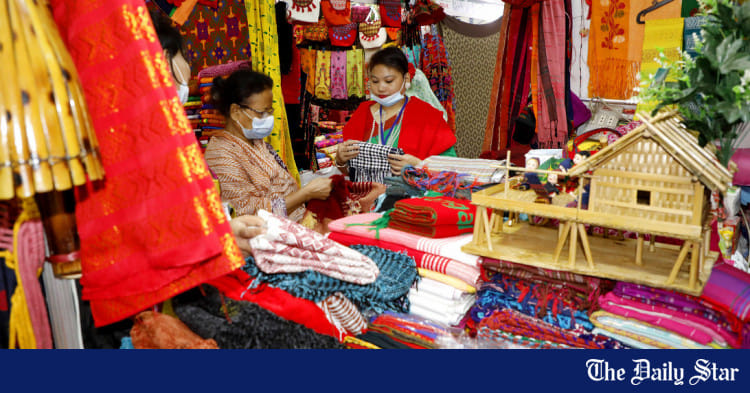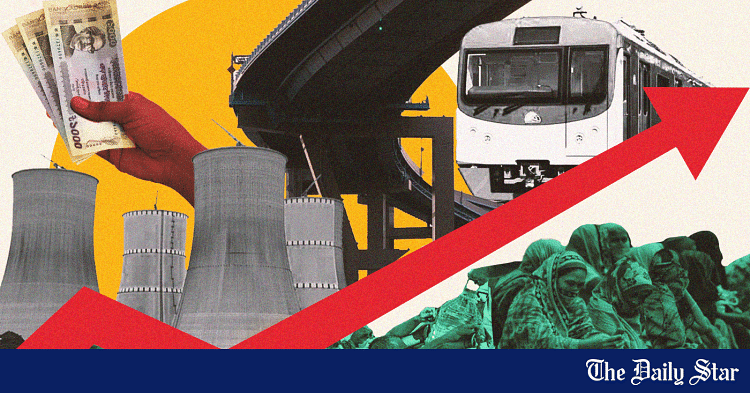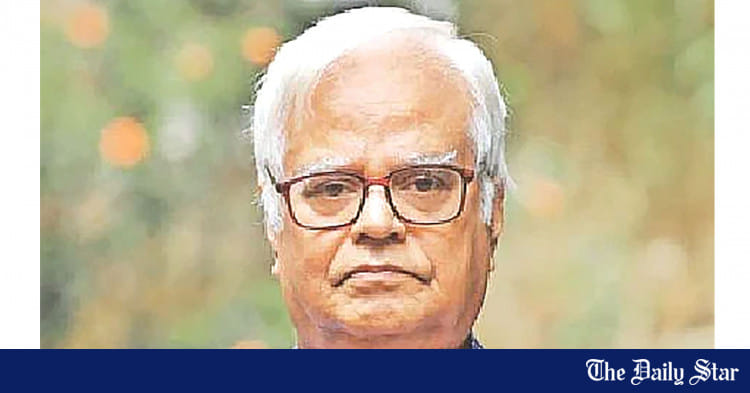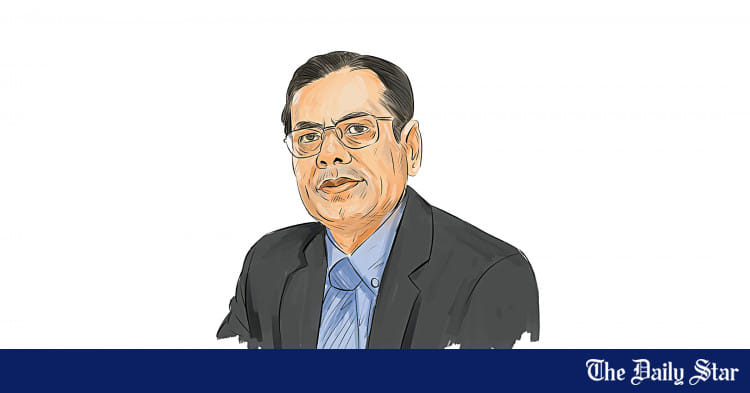Saif
Senior Member
- Joined
- Jan 24, 2024
- Messages
- 17,239
- Likes
- 8,332
- Nation

- Residence

- Axis Group


Time to exploit the potential of local partners and products
It is important to encourage all development players to invest money and energy to maximise their contributions towards the GDP growth.
Time to exploit the potential of local partners and products

Photo: Prabir Das
A successful political regime is expected to maintain formal and informal arrangements through which the government, private actors and non-government organisations (NGOs) cooperate to formulate and carry out key policy decisions. In a pluralistic society, power is not supposed to be concentrated on a single development actor, but should be spread between these three major actors so that a developmental balance is maintained and each can judge the performance of the others.
All three development actors have their respective circle of influence and are capable of reaching out to the household level through a variety of goods and services. While the Bangladesh government provides electricity, education and basic health directly to the people, NGOs provide micro-credit, income-generating activities and social awareness, and the private sector supplies consumer goods and services. Often the work of these development actors overlaps—e.g. the government funds micro-credit programmes and builds houses for the poor families, and NGOs are involved in education and health services, and have been running banks and industries. The private sector is also involved in social welfare activities and education sector. In fact, thousands of schools and most of the universities and medical colleges in Bangladesh are in the private sector.
Over the last two years, high inflation rates have affected the quality of life of the middle class and lower income groups. Economic inequality has risen in the country over the last two decades. The country built up high foreign exchange reserves as a result of positive balance of payment for several years. The forex reserves averaged $24.91 billion between 2008 and 2024, reaching as high as $48 billion in August 2021. But the situation has deteriorated in recent years and forex reserves slipped to $18.61 billion on May 21, 2024, because of higher import payments caused by the rise in prices in the international market, slow growth of foreign remittance and the taka's depreciation against international currencies. Economists made various recommendations to increase the country's foreign currency reserves: diversify export items; increase competitiveness of Bangladeshi products in the international market; use modern technology; encourage flow of foreign remittance through the official channel; and limit foreign borrowing.
To read the rest of the news, please click on the link above.
Photo: Prabir Das
A successful political regime is expected to maintain formal and informal arrangements through which the government, private actors and non-government organisations (NGOs) cooperate to formulate and carry out key policy decisions. In a pluralistic society, power is not supposed to be concentrated on a single development actor, but should be spread between these three major actors so that a developmental balance is maintained and each can judge the performance of the others.
All three development actors have their respective circle of influence and are capable of reaching out to the household level through a variety of goods and services. While the Bangladesh government provides electricity, education and basic health directly to the people, NGOs provide micro-credit, income-generating activities and social awareness, and the private sector supplies consumer goods and services. Often the work of these development actors overlaps—e.g. the government funds micro-credit programmes and builds houses for the poor families, and NGOs are involved in education and health services, and have been running banks and industries. The private sector is also involved in social welfare activities and education sector. In fact, thousands of schools and most of the universities and medical colleges in Bangladesh are in the private sector.
Over the last two years, high inflation rates have affected the quality of life of the middle class and lower income groups. Economic inequality has risen in the country over the last two decades. The country built up high foreign exchange reserves as a result of positive balance of payment for several years. The forex reserves averaged $24.91 billion between 2008 and 2024, reaching as high as $48 billion in August 2021. But the situation has deteriorated in recent years and forex reserves slipped to $18.61 billion on May 21, 2024, because of higher import payments caused by the rise in prices in the international market, slow growth of foreign remittance and the taka's depreciation against international currencies. Economists made various recommendations to increase the country's foreign currency reserves: diversify export items; increase competitiveness of Bangladeshi products in the international market; use modern technology; encourage flow of foreign remittance through the official channel; and limit foreign borrowing.
To read the rest of the news, please click on the link above.








































